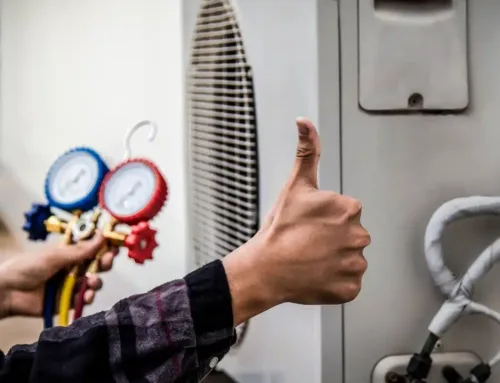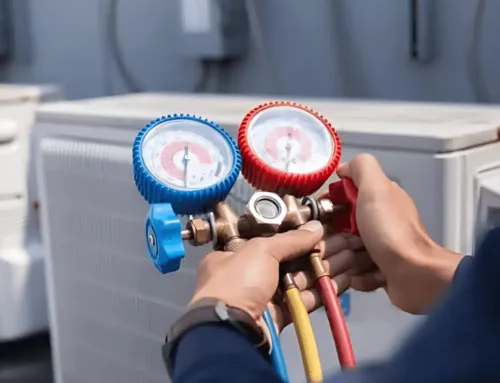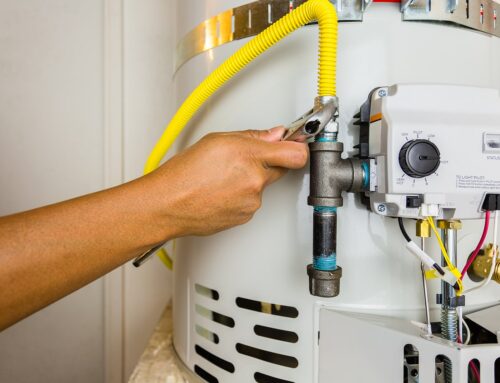In today’s fast-paced world, where many of us spend the majority of our time indoors, the quality of the air we breathe can have a significant impact on our health and well-being. Poor indoor air quality can contribute to various health issues, including allergies, respiratory problems, and even more serious conditions over time. Fortunately, there are steps we can take to improve indoor air quality and create a healthier living environment for ourselves and our families. In this blog, we’ll explore the importance of indoor air quality and share practical tips for enhancing the air we breathe for healthier living.
Understanding Indoor Air Quality
Indoor air quality refers to the cleanliness and purity of the air inside a building or enclosed space. It can be affected by a variety of factors, including:
- Dust, dirt, and other airborne particles
- Pollen, mold spores, and other allergens
- Chemical pollutants from household products, building materials, and furnishings
- Volatile organic compounds (VOCs) emitted by paints, cleaning supplies, and other sources
- Poor ventilation and circulation
Poor indoor air quality can lead to a range of health problems, including allergies, asthma, respiratory infections, and even more serious conditions such as lung cancer and heart disease. Additionally, it can contribute to fatigue, headaches, and other symptoms that impact overall well-being.
Tips for Enhancing Indoor Air Quality
Improving indoor air quality doesn’t have to be complicated or expensive. Here are some simple yet effective strategies for enhancing the air we breathe:
Keep it Clean
Regular cleaning and dusting can help reduce the buildup of dust, pet dander, and other allergens in your home. Be sure to vacuum carpets, rugs, and upholstery regularly, and clean or replace air filters in your heating and cooling systems as needed.
Maintain Optimal Humidity
Too much or too little humidity can contribute to indoor air quality problems. Use a humidifier or dehumidifier to maintain optimal humidity levels (around 30-50%) in your home, especially during the winter when indoor air is drier.
Ventilate Properly
Proper ventilation is essential for ensuring good indoor air quality. Open windows and doors when weather permits to allow fresh air to circulate through your home. Use exhaust fans in kitchens and bathrooms to remove cooking fumes and moisture.
Avoid Chemicals and VOCs
Choose household products, paints, and furnishings that are low in volatile organic compounds (VOCs) and other harmful chemicals. Look for products labeled as “low-VOC” or “no-VOC” whenever possible, and avoid using harsh cleaning supplies or air fresheners that contain synthetic fragrances.
Invest in Air Purification
Consider investing in an air purifier with a HEPA filter to remove airborne particles and pollutants from your indoor air. Air purifiers can help capture allergens, dust, pet dander, and other contaminants, providing cleaner, fresher air for you and your family to breathe.
Improving indoor air quality is essential for creating a healthier, more comfortable living environment. By taking proactive steps to reduce indoor air pollutants and enhance ventilation, you can breathe easier and enjoy better health and well-being. Incorporate the tips in this blog into your daily routine to create a cleaner, fresher indoor environment for you and your loved ones. Enhance indoor air quality with P & M Mechanical. Breathe better, and live healthier. Contact us now!






